Andreas Bunte
Cognitive Capabilities for the CAAI in Cyber-Physical Production Systems
Dec 03, 2020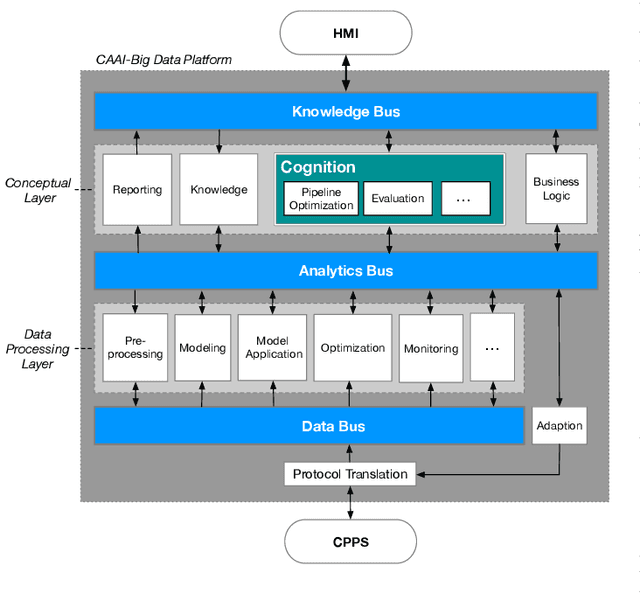
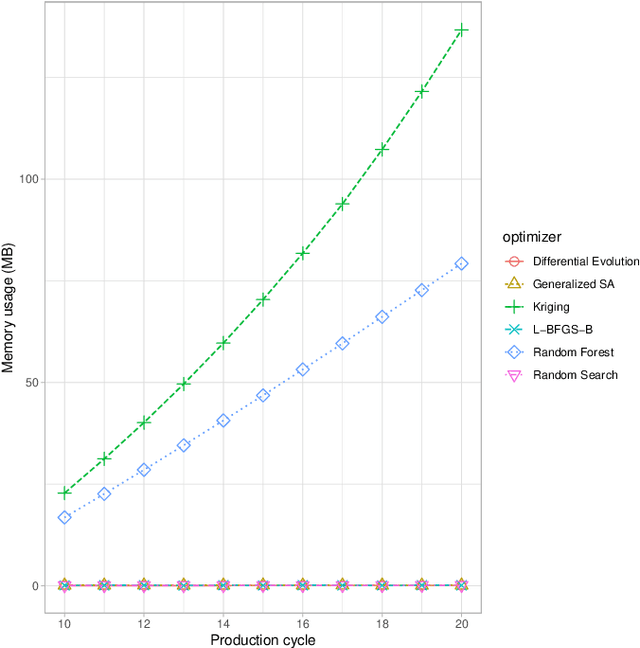
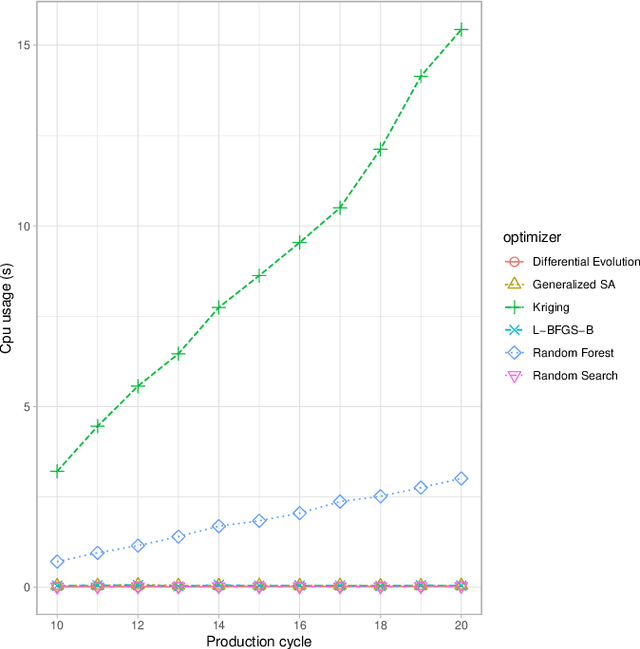
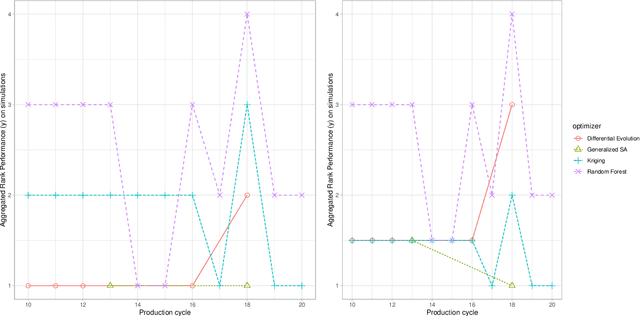
Abstract:This paper presents the cognitive module of the cognitive architecture for artificial intelligence (CAAI) in cyber-physical production systems (CPPS). The goal of this architecture is to reduce the implementation effort of artificial intelligence (AI) algorithms in CPPS. Declarative user goals and the provided algorithm-knowledge base allow the dynamic pipeline orchestration and configuration. A big data platform (BDP) instantiates the pipelines and monitors the CPPS performance for further evaluation through the cognitive module. Thus, the cognitive module is able to select feasible and robust configurations for process pipelines in varying use cases. Furthermore, it automatically adapts the models and algorithms based on model quality and resource consumption. The cognitive module also instantiates additional pipelines to test algorithms from different classes. CAAI relies on well-defined interfaces to enable the integration of additional modules and reduce implementation effort. Finally, an implementation based on Docker, Kubernetes, and Kafka for the virtualization and orchestration of the individual modules and as messaging-technology for module communication is used to evaluate a real-world use case.
CAAI -- A Cognitive Architecture to Introduce Artificial Intelligence in Cyber-Physical Production Systems
Feb 26, 2020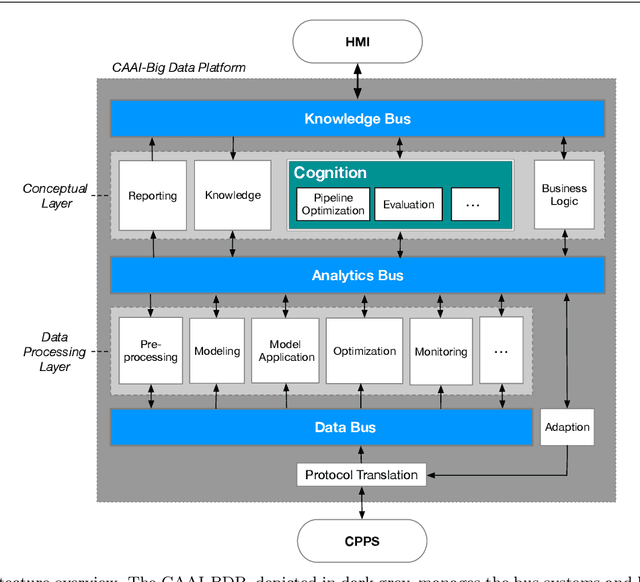

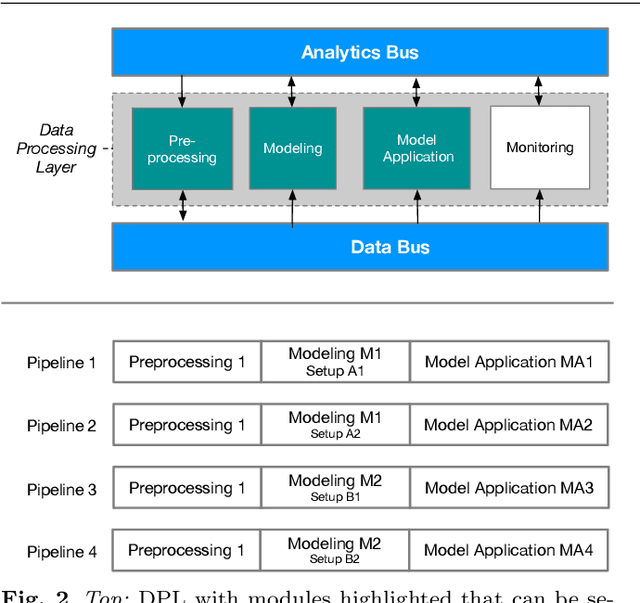

Abstract:This paper introduces CAAI, a novel cognitive architecture for artificial intelligence in cyber-physical production systems. The goal of the architecture is to reduce the implementation effort for the usage of artificial intelligence algorithms. The core of the CAAI is a cognitive module that processes declarative goals of the user, selects suitable models and algorithms, and creates a configuration for the execution of a processing pipeline on a big data platform. Constant observation and evaluation against performance criteria assess the performance of pipelines for many and varying use cases. Based on these evaluations, the pipelines are automatically adapted if necessary. The modular design with well-defined interfaces enables the reusability and extensibility of pipeline components. A big data platform implements this modular design supported by technologies such as Docker, Kubernetes, and Kafka for virtualization and orchestration of the individual components and their communication. The implementation of the architecture is evaluated using a real-world use case.
 Add to Chrome
Add to Chrome Add to Firefox
Add to Firefox Add to Edge
Add to Edge